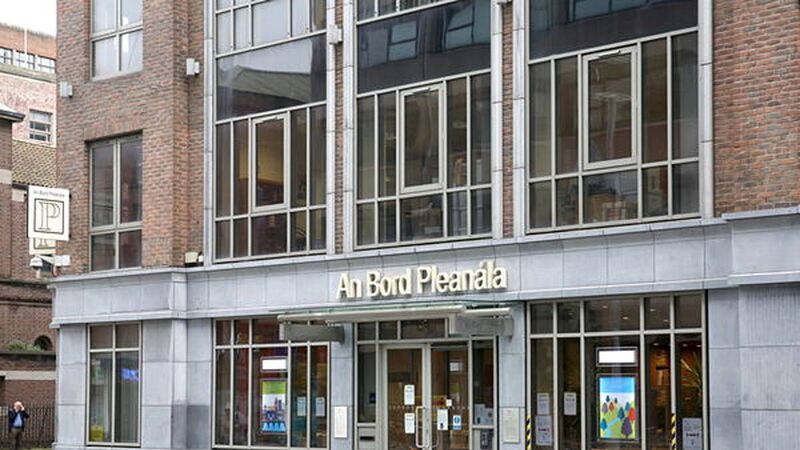Judicial reviews serve the common good

"We should not forget recent serious issues within what was An Bord Pleanála, when it was the public’s vigilance, together with the proper scrutiny of the courts, who were the guardians of the public interest and exposers of bad planning decisions."
In the last months, we’ve been subjected to a concerted attack waged on civil society and the courts for their role in planning and development in Ireland, particularly with regard to judicial reviews.
With multiple crises facing ordinary people and businesses in housing, energy, water and climate change, judicial reviews are being framed as the problem delaying delivery of housing and key infrastructure. The narrative is restriction on the use of judicial reviews is now necessary and justified for the common good, with significant legislative changes necessary.













